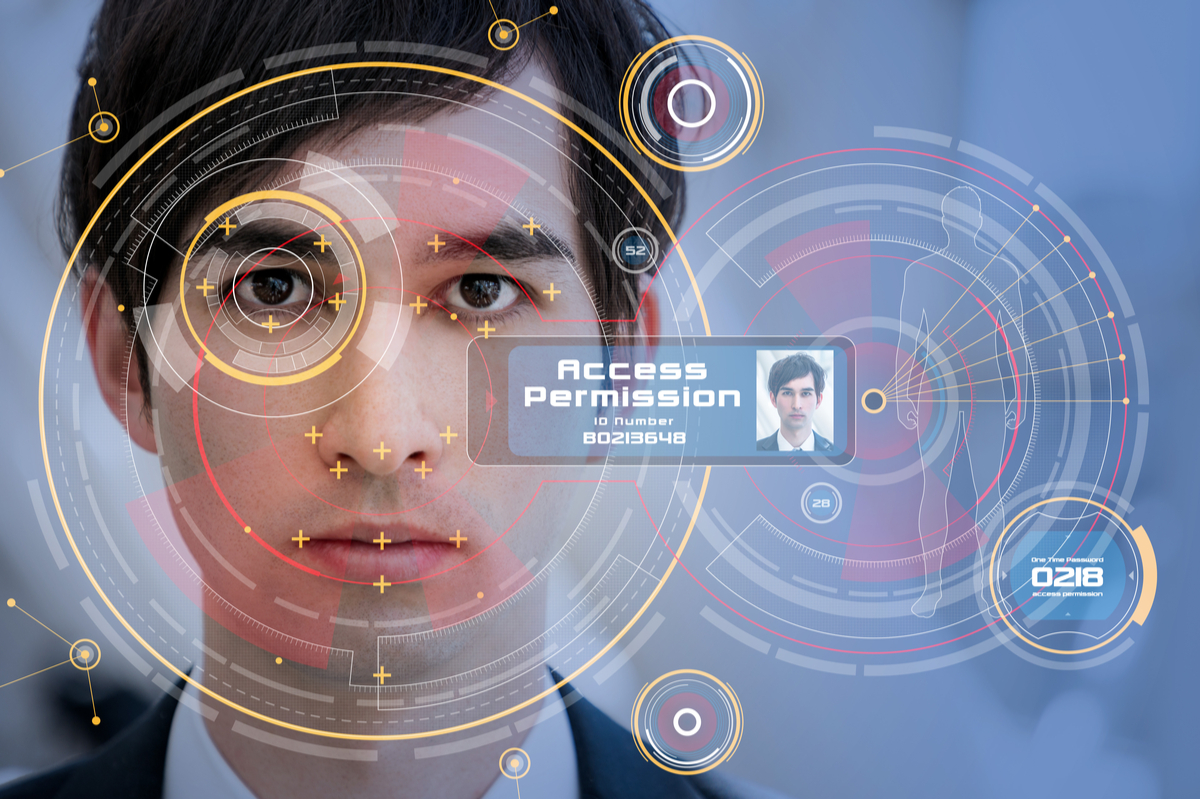The Department of State will inevitably perform security checks on all applicants applying for permanent residency in the U.S. through an immigrant visa. Much of the processing procedure is confidential. If the initial security checks trigger red flags, the consulate will refer the individual applicant for “administrative processing.” Generally, consular officials will not notify an applicant if his or her application is being referred for further administrative processing. However, there are some readily accessible resources that give a glimpse into some circumstances that may lead to administrative processing for some applicants. Below is an outline of some of the most common circumstances.
- Visa Condor Checks: The exact criteria for the circumstances which would lead to this type of check are confidential. However, anecdotal evidence indicates that any one of a number of factors may trigger it. These include:
- Visa Donkey Checks:This type of check occurs when applicant’s biographic or biometric data yields a possible match (or ‘hit’) to a person about whom the U.S. government holds adverse watch list information, once it checks across various databases. Consular officers must ‘clear’ the hit by seeking confirmation that the person applying for the visa is not the same person on the watch list before issuing the visa.
- Travel to predominantly Muslim countries
- Prior foreign military service in certain countries
- Prior employment in sensitive sectors
- Specialized training that may have military, intelligence or security implications
- Birth or residency in certain countries, not limited to Afghanistan, Algeria, Bahrain, Djibouti, Egypt, Eritrea, Indonesia, Jordan, Kuwait, Lebanon, Malaysia, Morocco, Oman, Pakistan, Qatar, Saudi Arabia, Somalia, Tunisia, Turkey, the United Arab Emirates, Yemen., Cuba, Iran, Iraq, Libya, North, Korea, Sudan, Syria
- Visa Mantis Checks:When an applicant’s intended commercial or academic activity triggers concerns about the possible illegal transfer of technology as defined in the Technology Alert List (TAL) it will warrant this type of security check. If a consul encounters an applicant who intends to pursue activities in one of the areas included on the TAL, the consul must submit an inquiry on the matter to DOS for a determination of whether the risk is significant enough to require visa denial.
- Routine Criminal Checks: Immigration officials can use the Consular Lookout and Support System (CLASS) to screen applicants. The system contains information, such as criminal convictions, FBI records, and terrorist watch lists.
- Further Consultation: If the consular officer believes that there are circumstances that require further internal consultation within the mission or with DOS, he or she can refer the application for further consultation. In such cases, it is not the existence of a lookout hit that triggers the decision, but other circumstances that either have arisen during the interview or are based on information in the record that makes it impossible to render the decision at the completion of the interview. This type of case normally requires an advisory opinion from the Office of Legal Affairs in the Bureau of Consular Affairs Visa Office.
DISCLAIMER: The views expressed in this article are solely the views of the author and do not necessarily represent the views of the publisher, its employees. or its affiliates. The information found on this website is intended to be general information; it is not legal or financial advice. Specific legal or financial advice can only be given by a licensed professional with full knowledge of all the facts and circumstances of your particular situation. You should seek consultation with legal, immigration, and financial experts prior to participating in the EB-5 program Posting a question on this website does not create an attorney-client relationship. All questions you post will be available to the public; do not include confidential information in your question.







 by
by 
